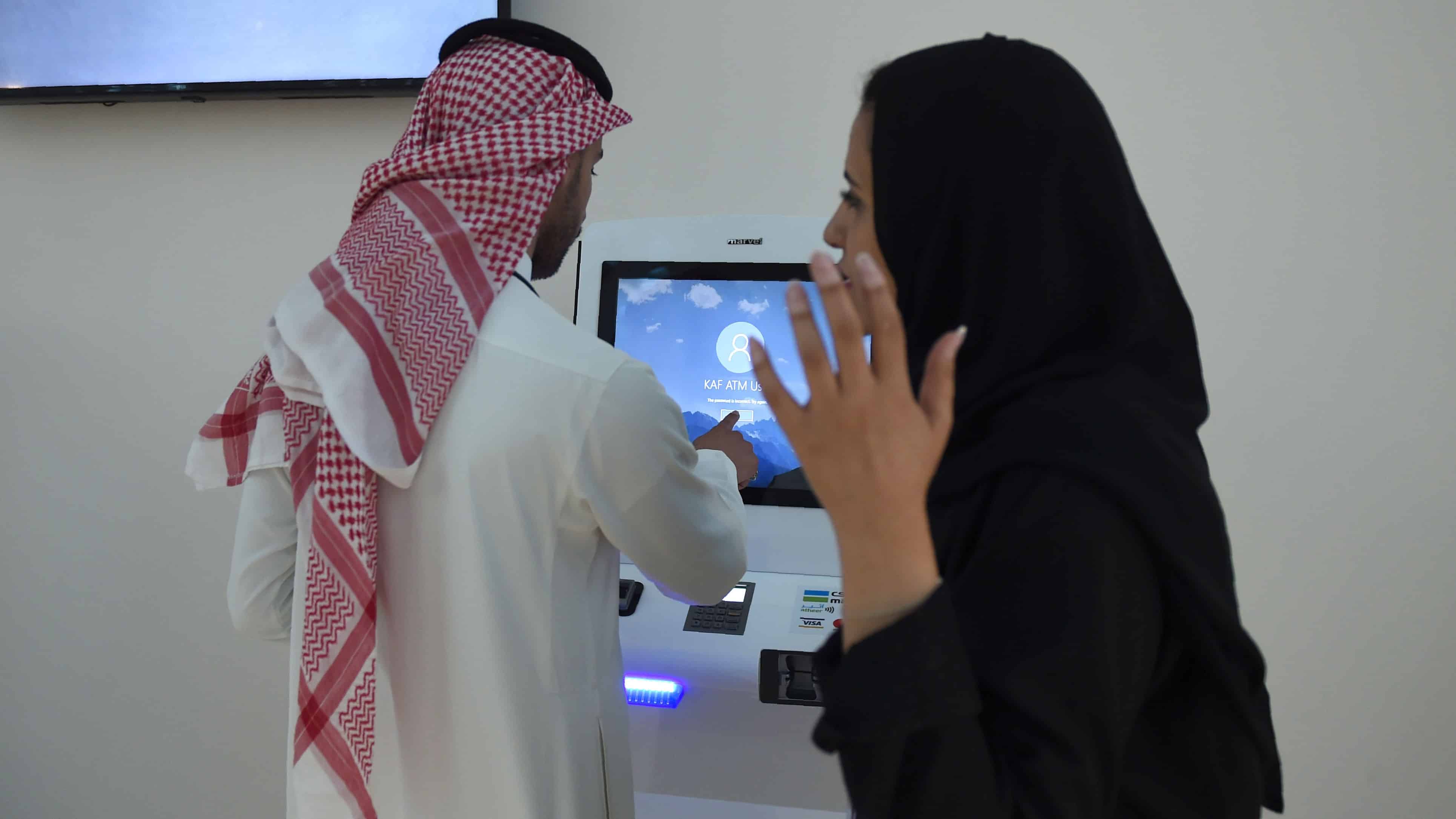The GCC countries are accelerating economic integration by activating the financial link between their companies, banks, and stores to create a unified financial network that allows citizens to access services and goods from any location in the GCC.
The latest Gulf measures toward building the unified financial network were reported in early August 2022, when the Central Bank of Saudi Arabia announced the launching of a point-of-sale service between the national payments network “Mada” and the Qatar national network “NAPS.”
Mada is a Saudi Central Bank-affiliated national payment network founded in 1990. It is the kingdom’s only automated network, connecting all automated teller machines, point-of-sale terminals, and retailers.
The “NAPS” network is linked with the Qatar Central Bank. It serves as the interface for all local electronic retail transactions that flow between local banks and a gateway to other networks in the Gulf and the Middle East.
What exactly is a point-of-sale system?
The point-of-sale system is a technology that allows companies to collect payments from consumers and track sales electronically. Unifying these points between the two countries means that Qataris can make purchases in Saudi Arabia, and Saudis can make purchases in Qatar.
According to the Saudi Central Bank, the decision follows the success of experimental technological tests between the two networks, in which “Mada” and “NAPS” card users will be able to implement point-of-sale operations in both nations via the “Gulf Payments Network.”
The Gulf Payments Network allows bank customers in the Gulf Cooperation Council countries to withdraw cash from ATMs in the host country’s native currency and offer payment via direct debit cards of the Gulf network through point-of-sale terminals in the GCC countries.
The Central Bank claimed that connecting point-of-sale networks will improve payment integration by expanding the payment alternatives available to Gulf customers in the retail sector. It will also allow banking institutions to improve and develop payment methods through direct debit cards and improve the quality of services provided to people and residents in both nations.
He emphasized that Gulf network operations contribute to lower customer costs than executing point-of-sale operations through global payment card networks, which deduct large amounts of money as a commission. In addition, it is an essential step toward achieving integration and interdependence between payment systems in the GCC countries.
Service Advantages
The Qatar Central Bank highlighted the benefits of launching the point-of-sale service between Saudi Arabia and Qatar, including lowering consumer expenses, strengthening payment integration, and improving and developing payment methods via direct debit cards.
This Saudi-Qatari move builds on past efforts to connect the Saudi POS service with Kuwait, Oman, and Bahrain.
Talaat Hafez, Secretary-General of the Committee for Information and Banking Awareness in Saudi Banks previously stated that linking point-of-sale devices between Saudi Arabia and the Gulf countries is a significant step toward strengthening the Gulf payments network.
Hafez added that linking point-of-sale services has benefits, including the ability to implement purchase payments through an independent Gulf network, avoid foreign exchange differences due to the stability of Gulf currencies, and increase the speed, flexibility, and ease of electronic payment processes for purchases.
This service also strengthens the security of information and ensure that it is restricted to a Gulf network, by adding a secret number for payment operations rather than just the invoice, as is common in worldwide networks (MasterCard, Visa Card and others).
He noted that the Gulf Payments Network project is more than two decades old and used to connect ATMs, but the new initiative is to connect points of sale, which are payment locations for retail transactions.
The significance of this step
Perhaps the flow of Gulf nationals among GCC member states, which has increased by up to 500 percent in recent years, confirms the importance of this electronic financial step.
According to the GCC Statistical Center figures, the number of citizens who migrated between member states increased from 4.5 million in 1995 to 27 million in 2019.
Also, according to the GCC Secretariat’s data, published in 2020, among the indicators of the importance of strengthening financial cooperation among Gulf states is the number of licenses granted to citizens of GCC states to practice economic activities in other member states, which increased from 6,500 licenses in 2001 to 60,000 licenses at the end of 2019.
Moreover, the emergence of Gulf banks with branches in the member countries has promoted financial ties between the Gulf countries.
According to the Gulf Statistical Center, the number of Gulf banks operating in other member countries reached 27 out of 174 GCC banks or 15.5 percent of the total.








